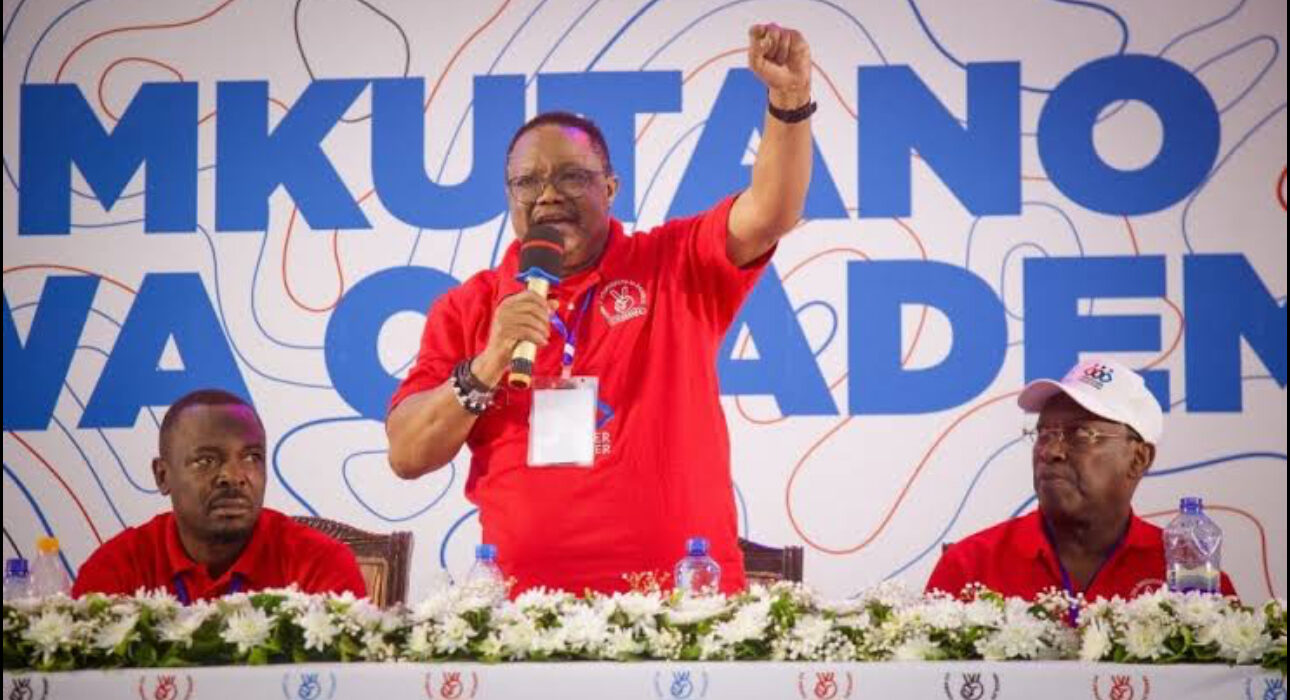Tanzania Stops Opposition Candidate From Presidential Race Ahead of October Polls

Tanzania’s October 29 general elections have taken a dramatic turn after the country’s electoral commission barred key opposition figure, Luhaga Mpina of the Alliance for Change and Transparency (ACT-Wazalendo), from contesting in the presidential race.
The Independent National Electoral Commission (INEC) announced the rejection of Mpina’s nomination, citing unresolved internal disputes within his party.
This decision effectively removes ACT-Wazalendo, the second-largest opposition force, from the ballot.
The disqualification comes months after the main opposition party, CHADEMA, was barred from participating for refusing to sign the electoral code of conduct. CHADEMA’s leader, Tundu Lissu, has been in detention facing treason charges, while the party has continued to insist that no credible elections can take place without sweeping reforms.
With both ACT-Wazalendo and CHADEMA excluded, President Samia Suluhu Hassan of the ruling Chama Cha Mapinduzi (CCM) now faces little competition. Only minor candidates remain in the race, prompting concerns that the election will lack legitimacy.
Ado Shaibu, ACT-Wazalendo’s Secretary-General, condemned the electoral commission’s decision, describing it as “shameful” and evidence that the body was neither independent nor competent. Rights groups and political observers have also expressed alarm, warning that Tanzania’s democracy is being undermined by systematic suppression of opposition voices.
International attention has increasingly focused on the country, with critics comparing President Hassan’s approach to that of her late predecessor, John Magufuli, whose tenure was marked by political crackdowns. Analysts fear the developments could damage Tanzania’s image abroad and fuel instability at home.
As things stand, the ruling CCM looks set to dominate the October polls virtually unchallenged, though opposition leaders and civil society continue to push for reforms and external monitoring to safeguard electoral integrity.









